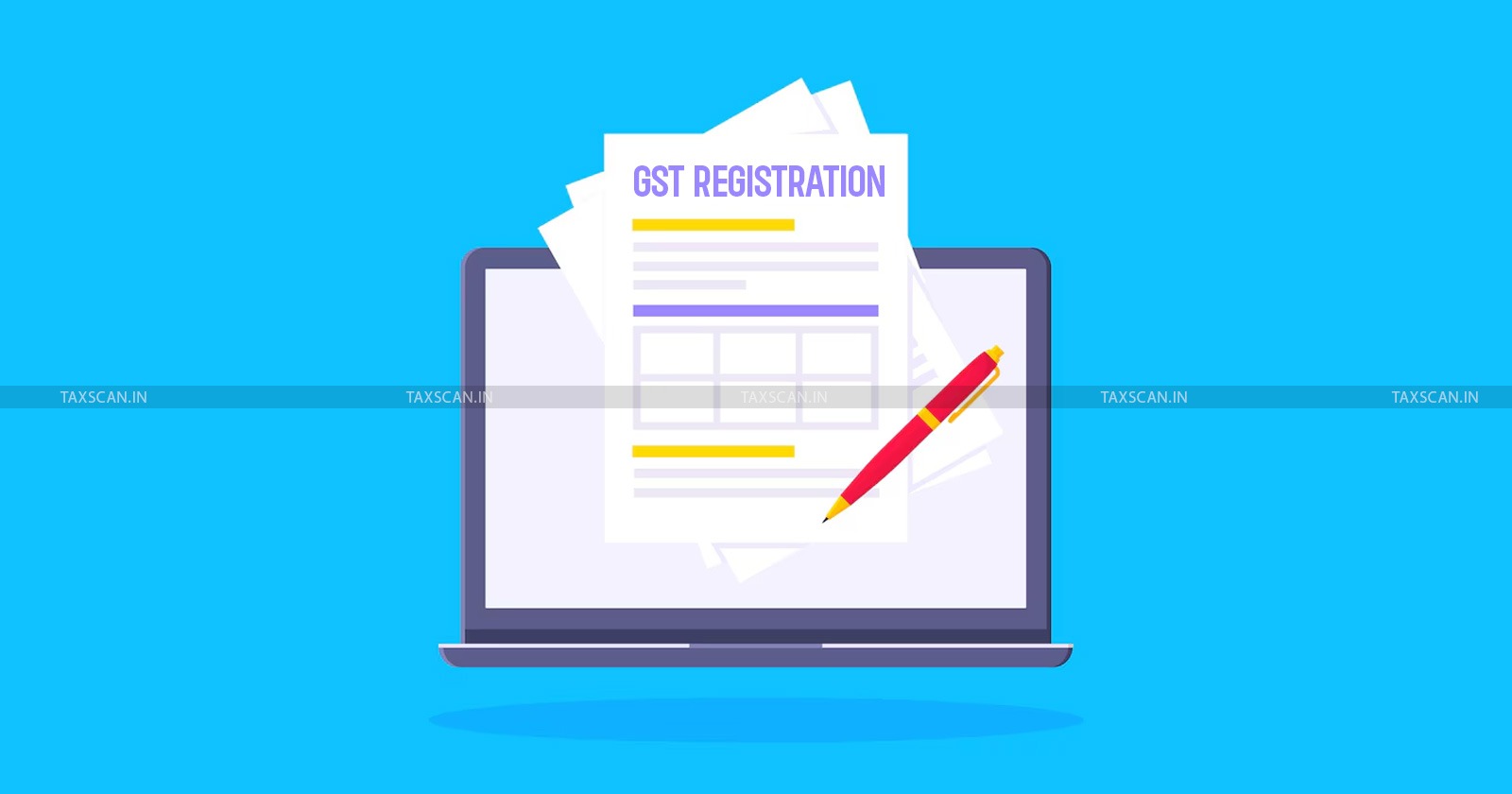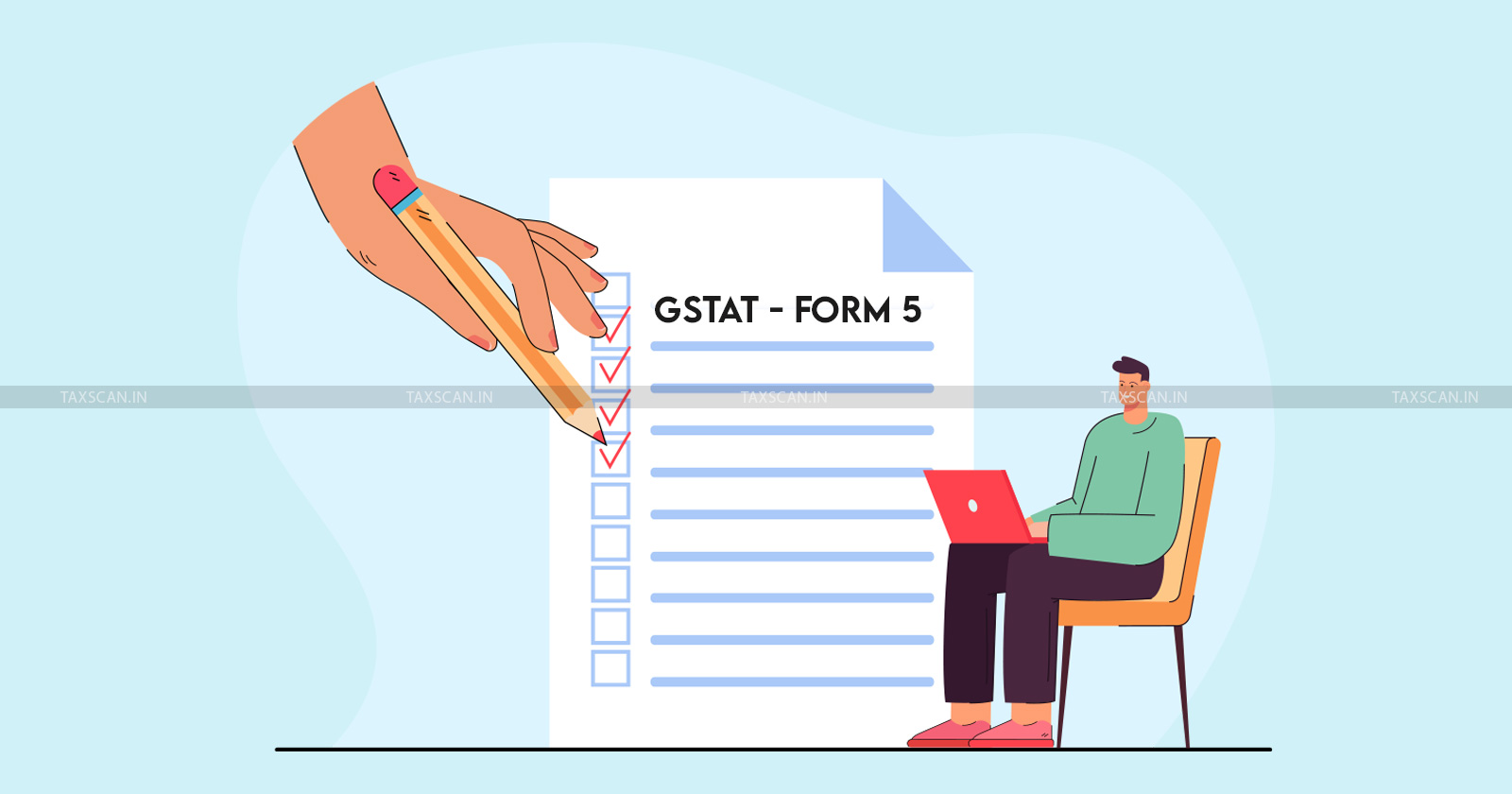GST Portal Essentials: How to Apply for Extension of Registration for a Casual Nonresident Taxable Person
Apply for an extension of your GST registration as a casual or nonresident taxable person easily through the GST portal by submitting estimated turnover and verifying with DSC or EVC.

For individuals or entities operating in India temporarily as casual or nonresident taxable persons under the Goods and Services Tax (GST) regime, an initial registration is valid for a limited period. However, if your business operations extend beyond the original validity, you can apply for an extension through the GST portal. This article provides a step-by-step guide to help you navigate the application process with clarity and accuracy.
Step by Step Handbook for Filing GST Appeals - CLICK HERE
Who is a Casual or Nonresident Taxable Person?
A casual taxable person (CTP) is someone who occasionally undertakes transactions involving supply of goods or services in a taxable territory where they do not have a fixed place of business. A nonresident taxable person (NRTP) is a foreign-based individual or business that occasionally supplies goods or services in India without a fixed business establishment.
 Also Read:GST Registration Suspended while Taxpayer Was Unable to Access Portal: Delhi HC Retracts Suspension and Directs SCN Reply Opportunity [Read Order]
Also Read:GST Registration Suspended while Taxpayer Was Unable to Access Portal: Delhi HC Retracts Suspension and Directs SCN Reply Opportunity [Read Order]
When and Why to Apply for Extension
The initial GST registration for CTP or NRTP is valid for up to 90 days. If business activities continue beyond that period, you must file an application for extension before the registration expires to remain compliant and avoid penalties.
Step-by-Step Guide to Apply for Extension of Registration
Here is how to file for an extension through the GST portal:
1. Access the GST Portal
Go to www.gst.gov.in. Log in using your credentials (User ID and password).
2. Navigate to the Extension Application
Once logged in:
- Go to the top menu bar.
- Click on Services > Registration > Application for Extension of Registration period by Casual/Non Resident Taxable person.
3. Fill in Business Details
- This is the default tab when the application opens.
- Select the new desired validity period using the calendar.
 Also Read:Inadvertent Non-Compliance of Pre-Deposit Condition: Madras HC Restores GST Appeal on conditions [Read Order]
Also Read:Inadvertent Non-Compliance of Pre-Deposit Condition: Madras HC Restores GST Appeal on conditions [Read Order]
In the Turnover Details section, provide:
- Estimated turnover for the extended period.
- Net tax liability based on intra-state, inter-state, and applicable tax categories such as Central Tax, State/UT Tax, and Integrated Tax.
- Click on Generate Challan to pay the estimated tax liability. You may create multiple challans if a transaction fails.
- Once payment is completed, payment details will appear in the form.
- Click Save & Continue to move to the next tab.
4. Complete the Verification Tab
- Tick the Verification checkbox.
- Choose the authorized signatory’s name from the dropdown.
- Enter the place from where the form is being filed.
5. Submit the Application
You can submit the form using either Digital Signature Certificate (DSC) or Electronic Verification Code (EVC).
If using DSC:
- Click Submit with DSC
- Confirm by clicking Yes
- Choose the certificate and then click Sign
If using EVC:
- Click Submit with EVC
- An OTP will be sent to the registered email and mobile number of the authorized signatory
- Enter the OTP and click Validate OTP
6. Confirmation and Tracking
- After successful submission, a success message appears on the screen.
- You will receive an Application Reference Number (ARN) within 15 minutes on your registered email and mobile number.
- To track your application, navigate to Services > Registration > Track Application Status.
 Also Read:Centre Notifies Corrections to GSTAT Rules: Corrects GSTAT Form 5 and Other Provisions [Read Notification]
Also Read:Centre Notifies Corrections to GSTAT Rules: Corrects GSTAT Form 5 and Other Provisions [Read Notification]
Key Reminders
- Ensure estimated tax is paid in advance using the challan before submission.
- Only one application can be made for an extension. It is advisable to calculate the estimated duration and liability with care.
- Do not wait until the last day to apply; submission must be made before expiry of the original registration period.
Know How to File Appeals in GSTAT - CLICK HERE
Conclusion
Staying compliant as a casual or nonresident taxpayer under GST is critical to smooth operations in India. The GST portal provides an efficient, self-service method to apply for registration extensions. By following the outlined steps and ensuring timely submission, businesses can continue their operations without disruption. Always keep records of your challan payments and ARN for future reference or audits.
Support our journalism by subscribing to Taxscan premium. Follow us on Telegram for quick updates


